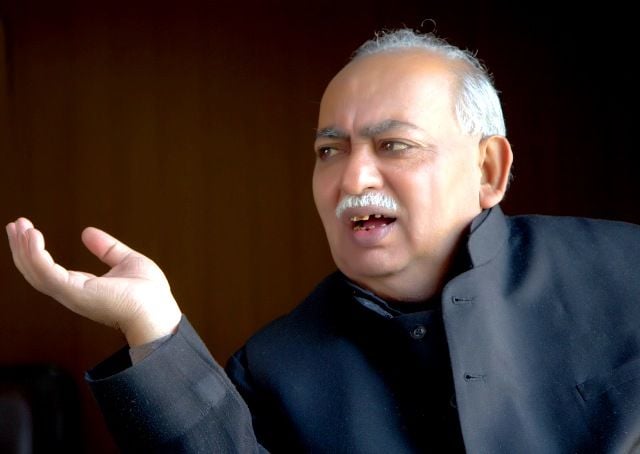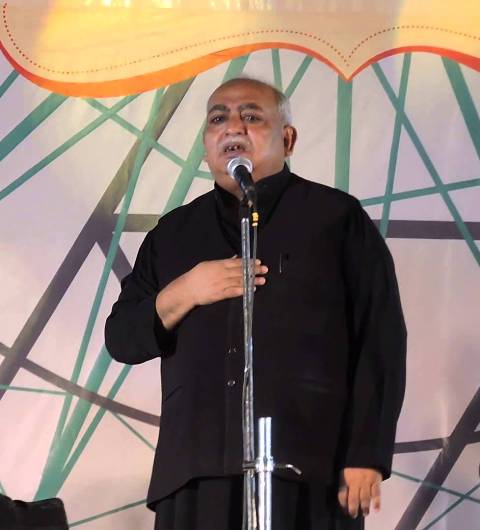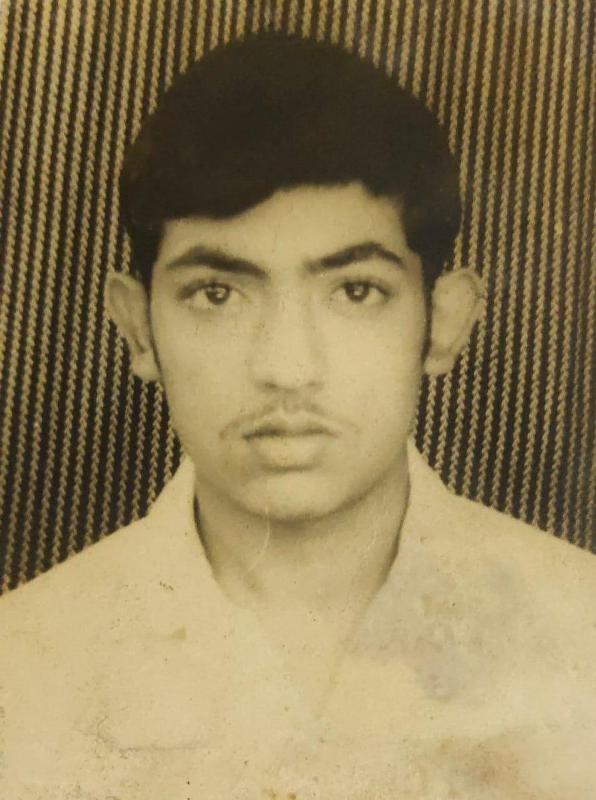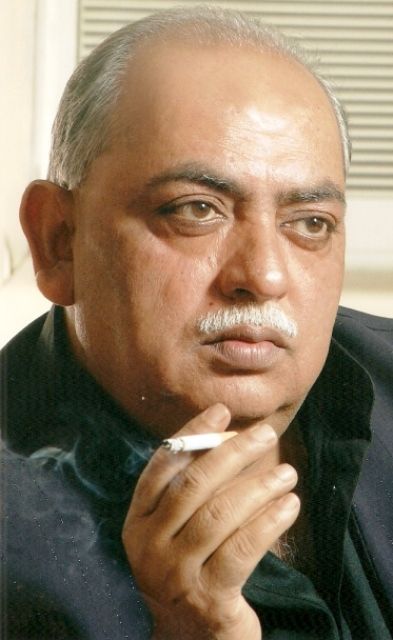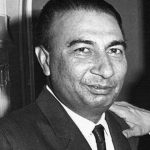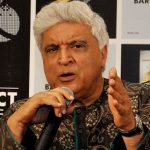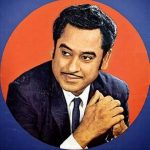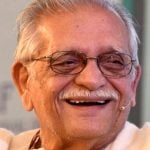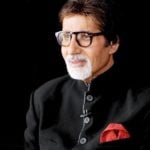Munawwar Rana Age, Death, Wife, Children, Family, Biography & More
Quick Info→
Age: 57 Years
Hometown: Raebareli, Uttar Pradesh
Death Date: 14/01/2024
| Bio | |
|---|---|
| Profession | Poet |
| Physical Stats & More | |
| Height (approx.) | in centimeters- 168 cm in meters- 1.68 m in feet inches- 5’ 6” |
| Weight (approx.) | in kilograms- 90 kg in pounds- 198 lbs |
| Eye Colour | Dark Brown |
| Hair Colour | Grey |
| Personal Life | |
| Date of Birth | 26 November 1952 |
| Birthplace | Raebareli, Uttar Pradesh, India |
| Date of Death | 14 January 2024 |
| Place of Death | SGPGI Hospital, Lucknow, Uttar Pradesh |
| Age (at the time of death) | 71 Years |
| Death Cause | Cardiac Arrest [1]India Today Note: He had been battling throat cancer for a long time. As per some sources, he passed away due to multiple organ failure during the course of treatment. [2]The Times of India |
| Zodiac sign | Sagittarius |
| Nationality | Indian |
| Hometown | Raebareli, Uttar Pradesh, India |
| School | Name Not Known (A School in Kolkata) |
| Family | Father- Name Not Known Mother- Name Not Known Brother- Not Known Sister- Not Known |
| Religion | Islam |
| Hobbies | Flying Kites, Listening to Classical Indian Music |
| Awards/Honours | 1993: Rais Amrohvi Award, Raebareli. 1995: Dilkush Award. 1997: Saleem Jafri Award. 2004: Saraswati Samaj Award. 2005: Ghalib Award, Udaipur. 2006: Kavita ka Kabir Samman Upadhi, Indore. 2011: Maulana Abdul Razzaq Malihabadi Award by West Bengal Urdu Academy. 2014: Sahitya Akademi Award for Urdu Literature by the Government of India. (He returned this award on 18 October 2015 on a live TV show,and vowed to never accept any government award in future.) |
| Controversies | • In 2015, after the Dadri incident, a controversial couplet, "लगाया था जो पेड़ भक्तों ने कभी, वो पेड़ फल देने लगा, मुबारक हो हिंदुस्तान में अफवाहों से कत्ल होने लगा," on Munawwar Rana's name was making rounds on social media. People started criticizing him on social media for the couplet. However, he denied that the couplet wasn't written by him and also put evidence for the same. • In October 2015, he returned the Sahitya Akademi Award and vowed not to accept any government award in future. The statement attracted several criticisms in media and on social media. |
| Favourite Things | |
| Favourite Shayar(s) | Wali Aasi, Rahat Indori |
| Favourite City | Lucknow |
| Girls, Affairs and More | |
| Marital Status (at the time of death) | Married |
| Wife/Spouse | Name Not Known |
| Children | Son- 1 • Tabrez Rana Daughter(s)- 4 • Uroosa Imran Rana (politician) • Sumaiya Rana (politician) • Fauzia Rana (politician) |
Some Lesser Known Facts About Munawwar Rana
- Munawwar Rana (1952-2024) was an Indian poet who wrote in Hindi, Urdu, and Awadhi languages. His notable work includes the poetry book “Maa,” a compilation of couplets highlighting a mother’s virtues. He died due to cardiac arrest in January 2024.
- He was born in a Muslim Family in Raebareli, Uttar Pradesh.
- After India’s partition, when most of his relatives migrated to Pakistan, his father preferred to reside in India.
- When Munawwar Rana was still a child, his family moved to Kolkata, where he had most of his schooling.
- The turmoil of partition snatched away the ‘Zamindari’ (land-owner-ship) from his father. Later, his father started a transport business for the subsistence.
- While in Kolkata, young Munawwar inclined towards ‘Naxalism.’ He started meeting Naxalites and also became friends with some of them. When his father came to know about his ‘Naxal’ connection, he evicted Munawwar out of the house. For the next two years, Munawwar wandered hither-thither without any concrete purpose. According to Munawwar, those two years were like a learning period for him and he had learned a lot about the human values and the epitome of life during that period.
- Munawwar Rana was very close to his mother, and in most of his interviews and couplets, his love for ‘Mother’ was reflected explicitly.
- When Munawwar Rana visited Lucknow, he became so fascinated with the flavours of the city that it became his favourite city in the world.
- It was in Lucknow where Munawwar Rana met the famous Ghazal Shayar Wali Aasi. He started learning poetry under the mentorship of Wali Aasi. Munawwar Rana often credited his poetry skills to Wali Aasi.
- Munawwar recited his couplets for the first time at a ‘Mushaira’ in Delhi.
- In 2015, he attracted several criticisms for returning the Sahitya Akademi Award under the pretext of disturbing communal harmony in the country.
- He gained recognition for depicting sensitive issues in his couplets with the use of Hindi and Awadhi words.
- The most notable feature of Munawwar Rana’s poetry is that he eulogized ‘Mother’ in his couplets. A glimpse of his work:
“मैंने रोते हुए पोंछे थे किसी दिन आँसू
मुद्दतों माँ ने नहीं धोया दुपट्टा अपना”
“किसी को घर मिला हिस्से में या कोई दुकाँ आई
मैं घर में सब से छोटा था मेरे हिस्से में माँ आई”
“ऐ अँधेरे! देख ले मुँह तेरा काला हो गया
माँ ने आँखें खोल दीं घर में उजाला हो गया”
“इस तरह मेरे गुनाहों को वो धो देती है
माँ बहुत ग़ुस्से में होती है तो रो देती है”
“अभी ज़िन्दा है माँ मेरी मुझे कु्छ भी नहीं होगा
मैं जब घर से निकलता हूँ दुआ भी साथ चलती है”
- He used to consume alcohol on various ocassions.
- Here’s is a glimpse of Munawwar Rana and his poetic life:
References/Sources:

